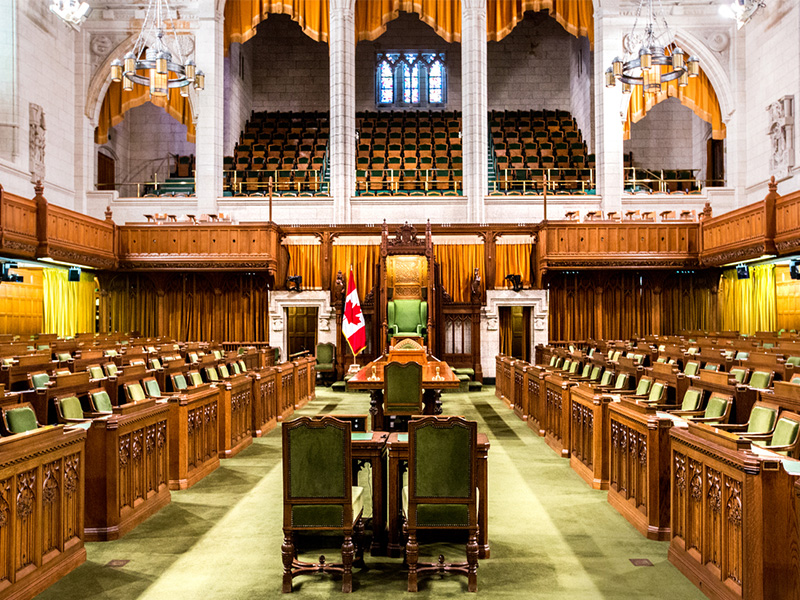
The Liberal government’s fall economic statement acknowledges the cost-of-living crisis weighing on Canadians but offers few new measures to tackle it while pledging to keep deficits in check.
Finance Minister Chrystia Freeland presented her fiscal update in the House of Commons on Tuesday, stressing the pressure inflation and a slowing economy are putting on federal finances.
At a time when the Liberals are facing pointed criticism from the Opposition Conservatives for years of deficit spending, the update outlines new guardrails to demonstrate fiscal restraint.
That includes setting a goal to keep deficits below 1% of GDP beginning in 2026-27.
The Liberals are also aiming to maintain the current fiscal year’s deficit at or below the spring budget projection of $40.1 billion and lower the debt-to-GDP ratio in 2024-25 relative to the projection in the fall economic statement.
The new fiscal objectives come as the Liberals face an election in no more than two years’ time, with the Conservatives enjoying a healthy, and widening, lead in public opinion polls.
In her speech in the House of Commons on Tuesday, Freeland took aim at Conservative Leader Pierre Poilievre’s assertion that the country is falling apart.
“Building a Canada that delivers on the promise of the greatest country in the world will be our work for these next two years — and beyond,” Freeland said, according to prepared remarks.
“Canada is not and has never been broken. We are the imperfect but remarkable creation of generations of Canadians who did their part to build a better country — in good times and in tough times, calloused hand by calloused hand.”
On housing, the federal government is earmarking $15 billion for low-cost loans to developers as well as $1 billion for affordable housing.
It is also expanding its recently announced measure to remove GST charges off rental developments to include co-op rental housing.
The fall economic statement reaffirms the federal government’s intention to tie federal infrastructure dollars to housing action by local governments.
Kevin Page, the former parliamentary budget officer, said the fall economic statement is an update on federal finances rather than a mini-budget, as it had been during the Covid-19 pandemic.
He said the reality of a slowing economy and high inflation means the federal government has little room to operate.
“There’s this enormous economic uncertainty they have to deal with,” Page said.
“I think they have to communicate that.”
The federal government projects the deficit for the current fiscal year to come in at $40 billion, largely unchanged from its spring budget forecast, with deficits shrinking, but not disappearing, over five years.
The update adds $20.8 billion in new spending since the spring budget over five years, with some new measures designed to boost the housing supply, including rental units and affordable housing.
But much of the new spending is tied to policies and programs the federal government announced before Tuesday’s fall economic statement, including billions of dollars for electric-vehicle battery plants.